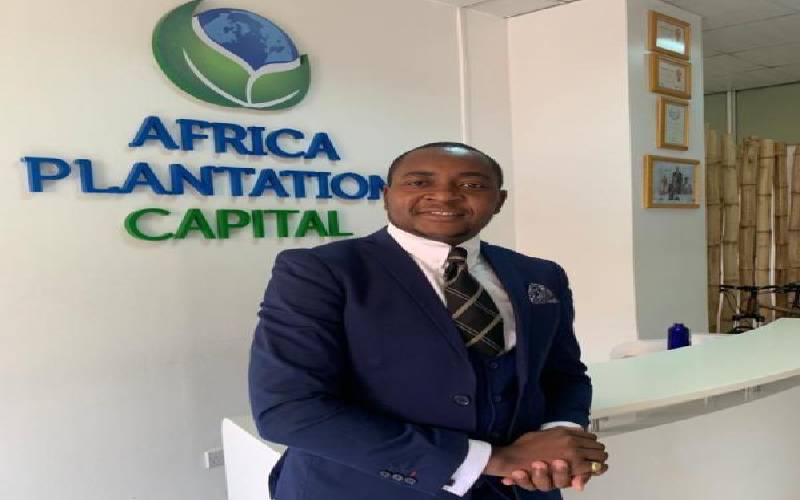×
The Standard e-Paper
Stay Informed, Even Offline

For all farming ventures, there some farmers who jump in and suffer losses, while there are others who make a kill. That has been the case with bamboo farming. While some have likened it to ‘another quail scam’ others have tasted the fruits.
One of the farmers who has struck good luck with bamboo is Kelvin Kaloki, the managing director of Africa Plantation Capital.